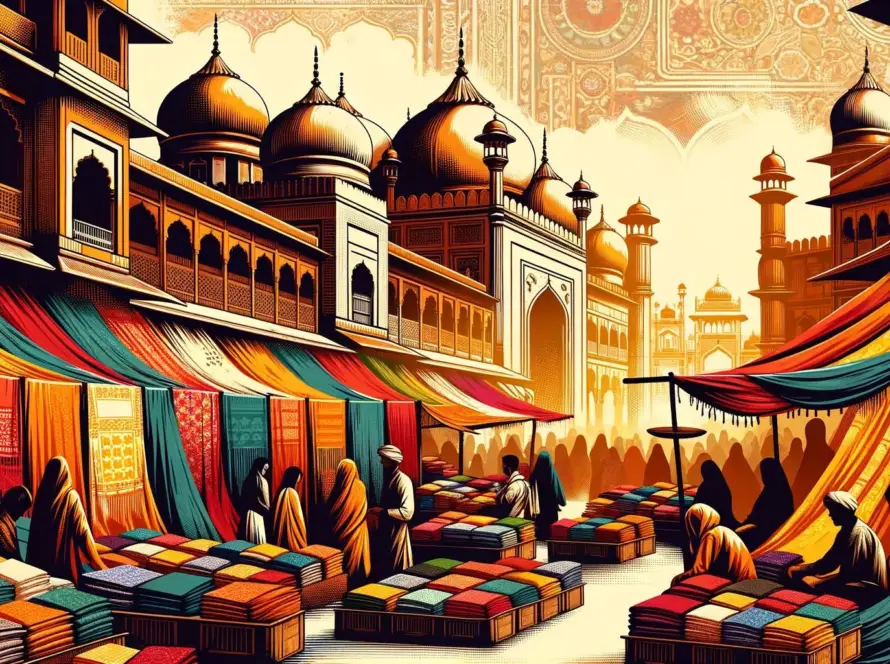Generated by Contentify AI
Unraveling the rich tapestry of India’s history is akin to embarking on a mesmerizing journey through time. From the ancient civilizations of the Indus Valley to the Mughal Empire and British colonial rule, the Indian subcontinent has witnessed a myriad of dynasties, cultures, and traditions that have shaped its unique identity. The history of India is a tale of resilience, innovation, and diversity that continues to captivate historians and enthusiasts alike.
The ancient period in Indian history is marked by significant developments in art, architecture, and philosophical thought. The Indus Valley Civilization, one of the world’s oldest urban civilizations, flourished around 2500 BCE and left behind a legacy of sophisticated city planning and craftsmanship. The rise of Buddhism and Jainism during the 6th century BCE brought about new religious and ethical paradigms that influenced the socio-cultural fabric of the region.
The medieval era in India saw the emergence of powerful empires such as the Gupta Dynasty and the Delhi Sultanate, each leaving a lasting imprint on the landscape of the subcontinent. The Mughal Empire, with its magnificent architectural marvels like the Taj Mahal, stands as a testament to the grandeur and opulence of that period. The arrival of European powers like the Portuguese, Dutch, and British in later centuries ushered in a new chapter in Indian history, marked by colonization and struggle for independence. Today, India stands as a vibrant mosaic of traditions, languages, and beliefs, a testament to its remarkable journey from ancient times to the present day.


